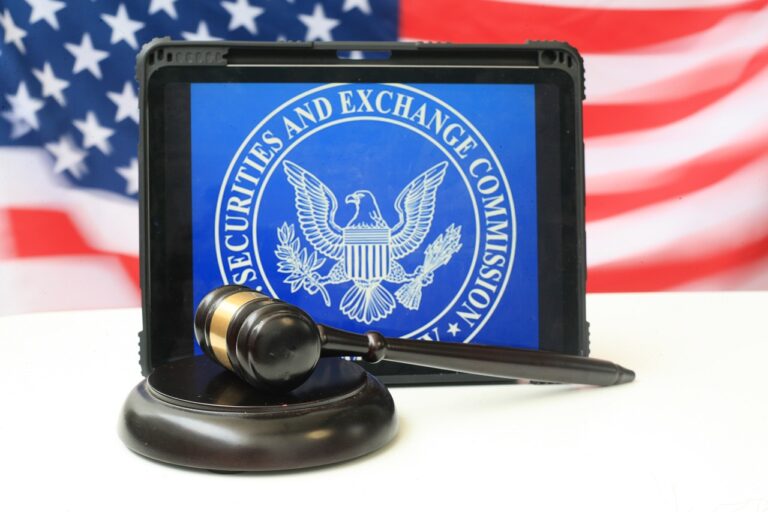It’s no secret that Ripple Labs Inc., the company behind the prominent cryptocurrency XRP, is caught up in two legal maelstroms that could define its future. The first case involves the United States Securities and Exchange Commission (SEC), which accuses Ripple of an unlawful sale of XRP tokens, perceived as unregistered securities. The second is a class-action lawsuit (originally filed in 2018) by an aggrieved investor, Bradley Sostack, arguing that XRP is a security and should have been registered under relevant laws.
Interestingly, yesterday (6 July 2023), John Deaton, a prominent highly-respected attorney closely monitoring the U.S. SEC’s lawsuit against Ripple, shed light on the unexpected legal intricacies binding these two cases. Speaking about the connection and contradictions of the two, he mentioned the potential implications for XRP investors who publicly argue that XRP isn’t a security in the context of the SEC lawsuit.
Deaton emphasized that if Ripple were to lose the SEC case, it doesn’t imply an immediate win for investors. He pointed out that any monetary recovery from the lawsuit could take years, even more, so if Ripple decides to appeal, which is highly likely.
Furthermore, Deaton underscored that should Ripple eventually lose after several years of legal battle, the SEC would be the one to collect the money (e.g., $1.3 billion), not the civil plaintiffs. Subsequently, the SEC could then offer a payback fund to XRP holders who might wish to sell their XRP.
He remarked, interestingly, that being part of the list of 75,000 vocal XRP investors (saying that XRP is not a security) could be beneficial. Joining the list, according to Deaton, does not waive any rights. In fact, should any monetary recovery become available to XRP holders due to the civil case or the SEC case, the list of 75,000 could serve as a ready database for potential beneficiaries.
Addressing the concerns of those who fear that asserting that XRP isn’t a security could hamper their chances for monetary recovery, Deaton stated such fears are baseless. People are not penalized for their beliefs if a court eventually rules otherwise. If a compensation fund was established by the SEC or Ripple, joining the list and arguing that XRP isn’t a security wouldn’t preclude anyone from benefiting.
In a twist of irony, Deaton explained that should Ripple lose the SEC lawsuit, it is the SEC, not the civil case plaintiffs, that would likely offer XRP holders the best financial recovery. And if Congress steps in and resolves the current regulatory issues during the years of appeals, these cases could be rendered moot.
Featured Image Credit: Photo / illustration by “sergeitokmakov” via Pixabay









